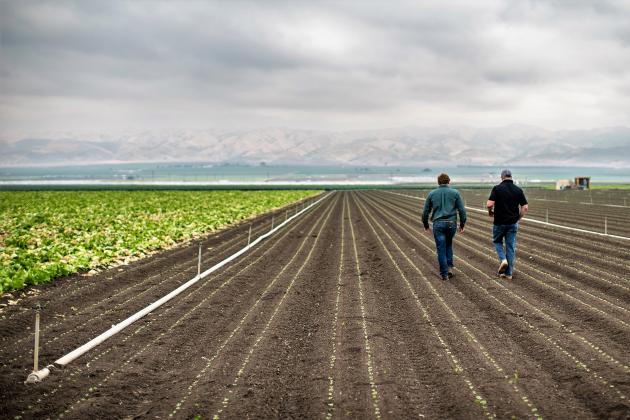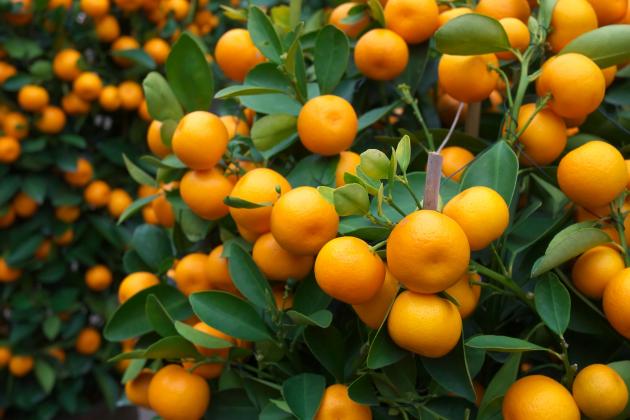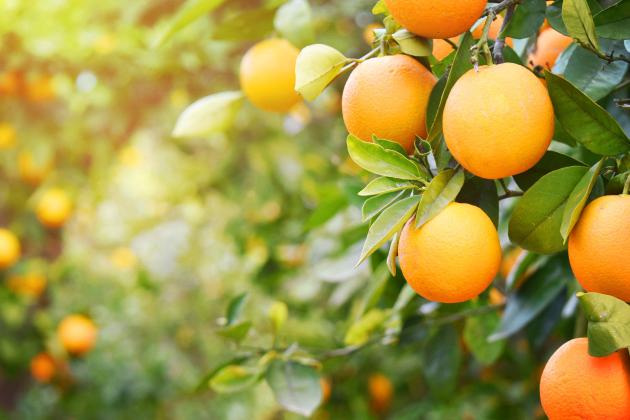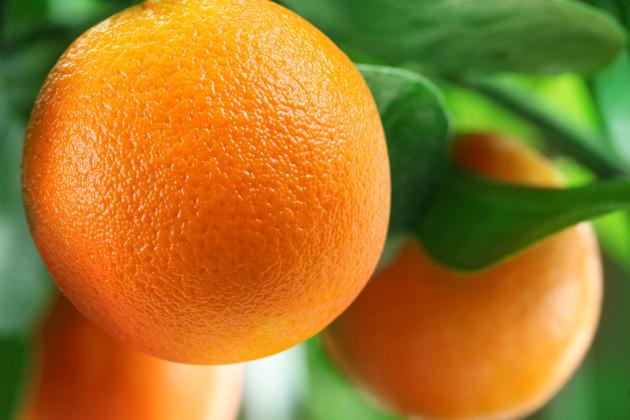
Citrus
When developing a fertilization plan for citrus, it is important to consider the grove characteristics and the natural environment. From there, based on a soil and plant analysis, a fertilization program can be created that will use precise quantities of various fertilizers to meet the desired target yields.
Fertilizer efficiency is sharply reduced when the tree canopy lacks space and sun. If the branches are too close, a program of pruning must first be implemented. Water quality and management will also have an impact on the effectiveness of the fertilization program.
Citrus cultivation typically requires an NPK balance of 1 - 0.3 - 1.2. Since citrus fruits are highly sensitive to chloride, fertilizers with a high chloride content should be avoided.
Our Crop Vitality product portfolio will successfully address your crop nutrition needs and correct any nutrient deficiencies. Browse our Insights for additional information from our agronomists regarding citrus nutrition, field trials and much more.
James' Story on Combatting Citrus Greening
Recommended Insights
-
-

Additional Learning
Check out our library of content geared towards teaching the best crop nutrition practices to growers around the world.
-

Get Local Support
If you're looking for further insights on how Crop Vitality products can help you achieve your yield goals, reach out and a Crop Vitality Specialist will get back to you as soon as possible!
Ask Questions


